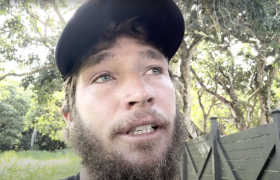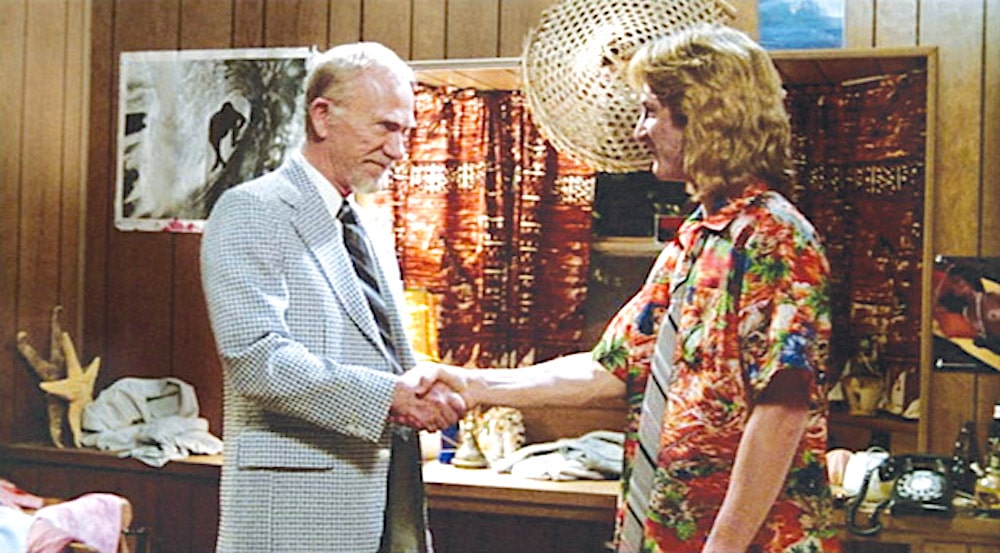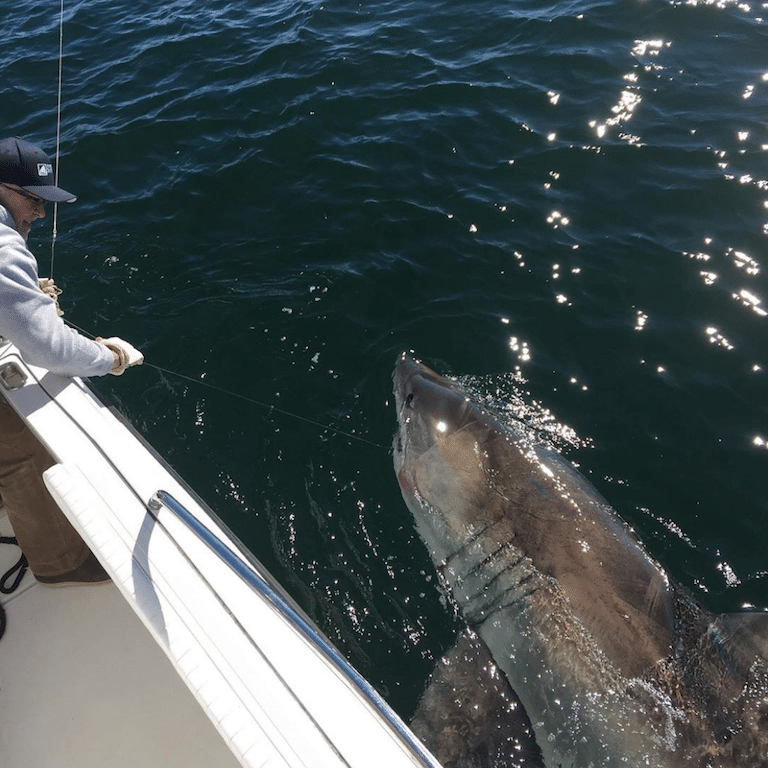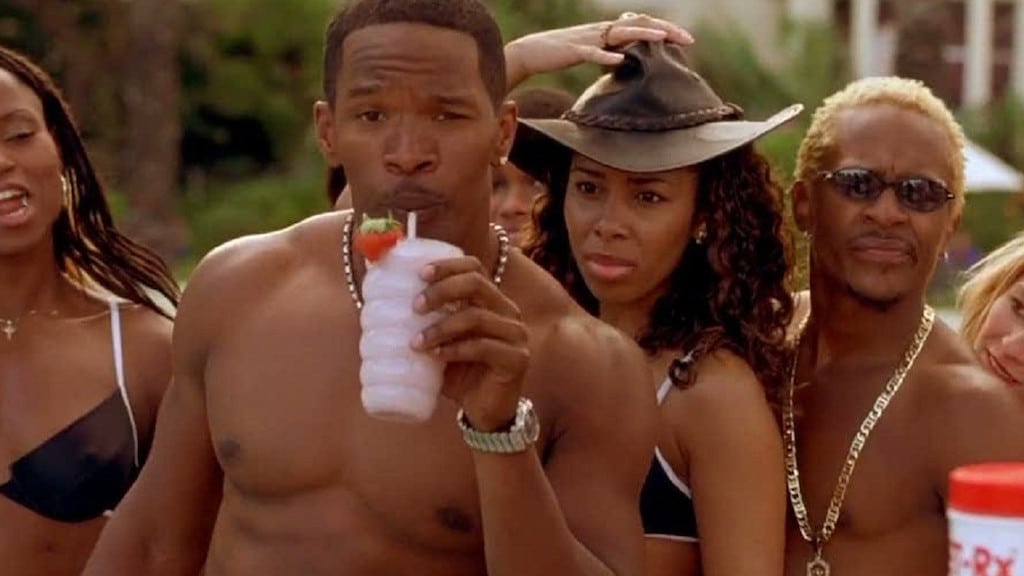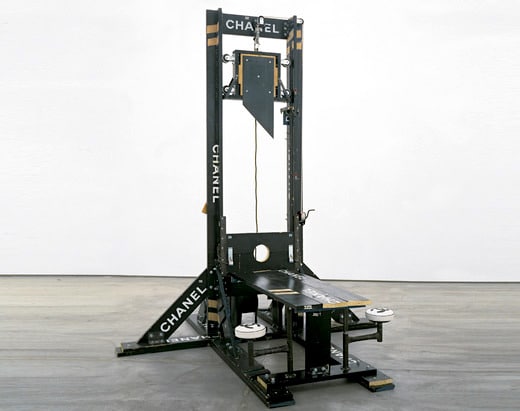Can a lifelong intermediate surfer break out of entrenched patterns? Or are you doomed to repeat the same dreadful mistakes over and over for eternity?
Look, if the Devil himself showed up tomorrow with a red button to push to kill the internets, I’d hit it in a heartbeat.
Not even give it a second thought, despite the fact I’d be nothing without it.
Compounding the stupidity is the fact I’m a total slut for what you might call internet self-improvement. Open online courses in economics, agriculture, subscriptions to every publication I can get my hands on etc.
Can’t shovel the shit in fast enough.
Fifteen bucks, can’t remember whether he charged in Rand or USD. Either way, about a schooner of craft beer and a shandy down at the local pub.
It’s a secret conceit of every surfer to get better but the question is: Can you skill build?
Derek Rielly in his UrbnSurf experience was able to identify the flaws in his own surfing. ID’ing the problems is one thing, doing something to fix them is another.
Catching more waves, whether they be natural or man-made, might not be a solution.
The world is full of leatherbacks who’ve caught a million waves and who rode the millionth exactly the same as the hundredth, if you get my drift.
You have to do something different.
Hence this tutorial offering from Bromley. A kind of online coaching resource, featuring video and text.
I barely read the text. The quantity of video information is huge.
My strengths are the intangibles: speed, power and flow in good surf. I can stitch an aesthetically satisfying ride together on a medium-sized wave. Knife a drop on a reefbreak. Reading a lineup, identifying and executing strategies to pick the best waves out of a crowd, thats my jam. Love to put a subtle hustle on. Patience.
Weaknesses: lack of vertical, poor rotation in shit surf, entrenched patterns.
Was there anything I missed as a fifteen-year-old that I could improve now?
Success came straight away.
The opening two videos: “where you look is where you go” and “generating speed” cracked open movement patterns that were as calcified as old bones. Waves helped. A few fun sessions in light onshore head-high surf had a pal commenting on the vertical turns. That little ego boost helped my confidence, fed a raging surf fever.
For the first time since I learnt to take a late drop I was on the improve again.
It didn’t last.
I kept working through the videos.
The waves got worse, then better, then worse.
Trying to do different things, keep them in mind, a strange sense of dissociation came over me. I was trying to watch myself, as I was doing it, in order to make judgements about whether I was improving according to the instructions offered.
In so doing I became mired in a swamp of self-consciousness. Over-thinking it. Bad hell. No fun.
To use the sexual metaphor, too much mind = performance anxiety.
So I dialled it back.
Cut down on the information and went back to the beginning.
To what worked.
In the end, there are only three factors at play in the equation. There’s you (with your skill set), the wave and the surfboard.
Of the three, skill set seems the hardest to budge.
Good waves can always be tracked down. I believe that is the surest path to improvement: riding better waves.
Boards come in close behind. They can be changed, radically or incrementally.
Changing skill set though, oh boy.
Even on the CT, at the elite level, skill sets calcify or degrade. A trend towards conservatism is the most common outcome. Mick Fanning was doing airs in competition in his early/mid career. They disappeared from his skill set.
Changes are the exceptions.
Surf improvement is a burgeoning field in the age of the VAL as beginners transition to intermediates and lifer intermediates dream of better feelings through better surfing.
The truth is most of our skill sets are baked in by the time we are twenty. Maybe twenty-five if one can postpone adulthood and keep the go-outs at a certain volume. The one ray of hope is a rec surfer can improve, albeit incrementally and at a snail’s pace well into their forties and fifties with a Herculean effort, most of it mental.
The new X in the equation is the existence of guaranteed reps in the wavepool and the possible rise of middle-aged, middle-class Fight Club-style support groups where the beleaguered rec surfer can work on her skill set in a new safer space for improvement.
Not saying that will happen, but it might.
A new surf community has already sprung up around the Tullamarine facility.
I’ll be there tomorrow.
Report to follow.


